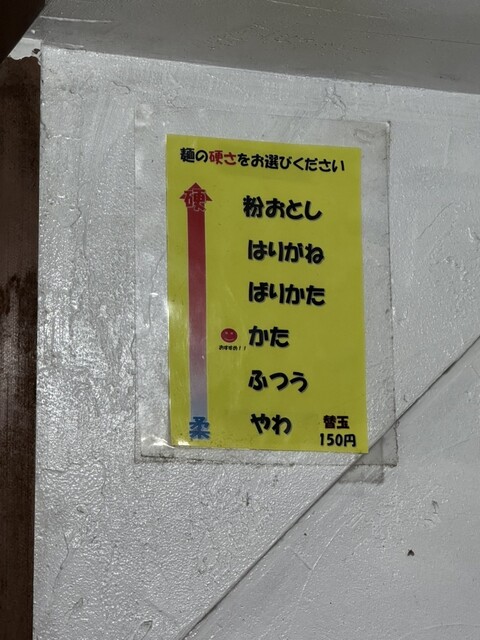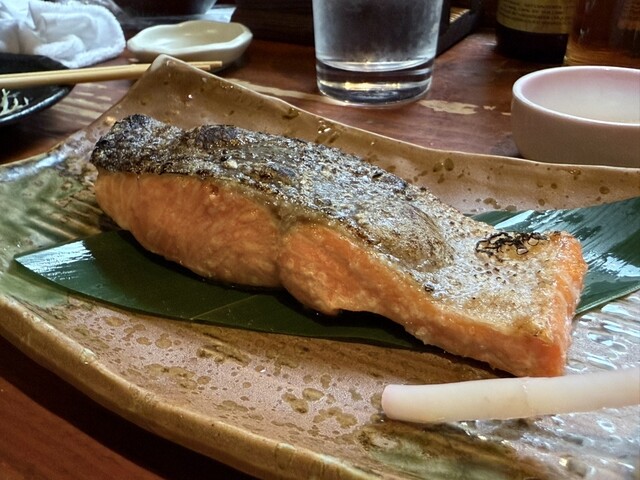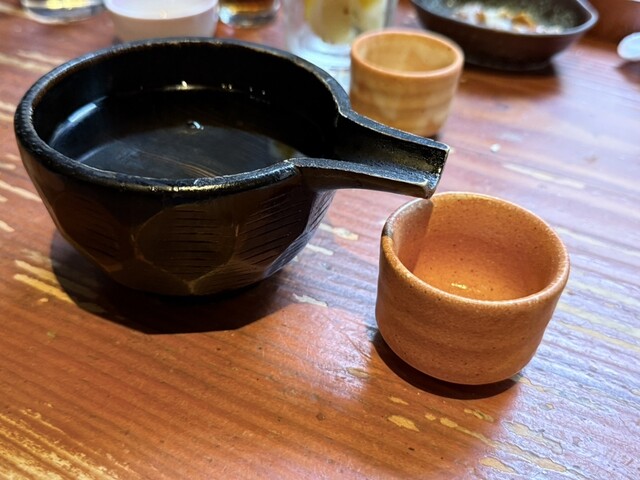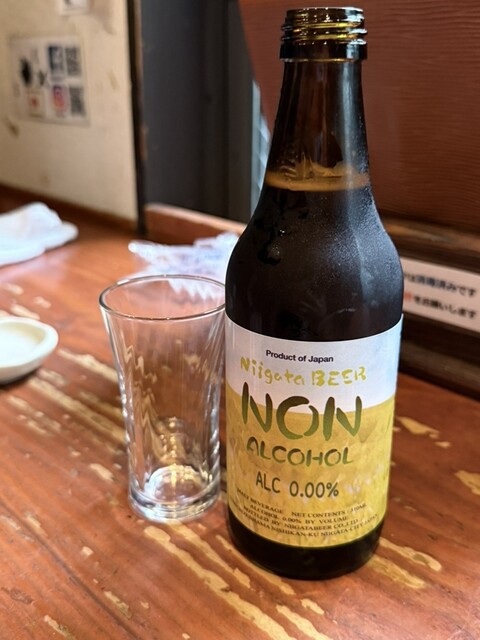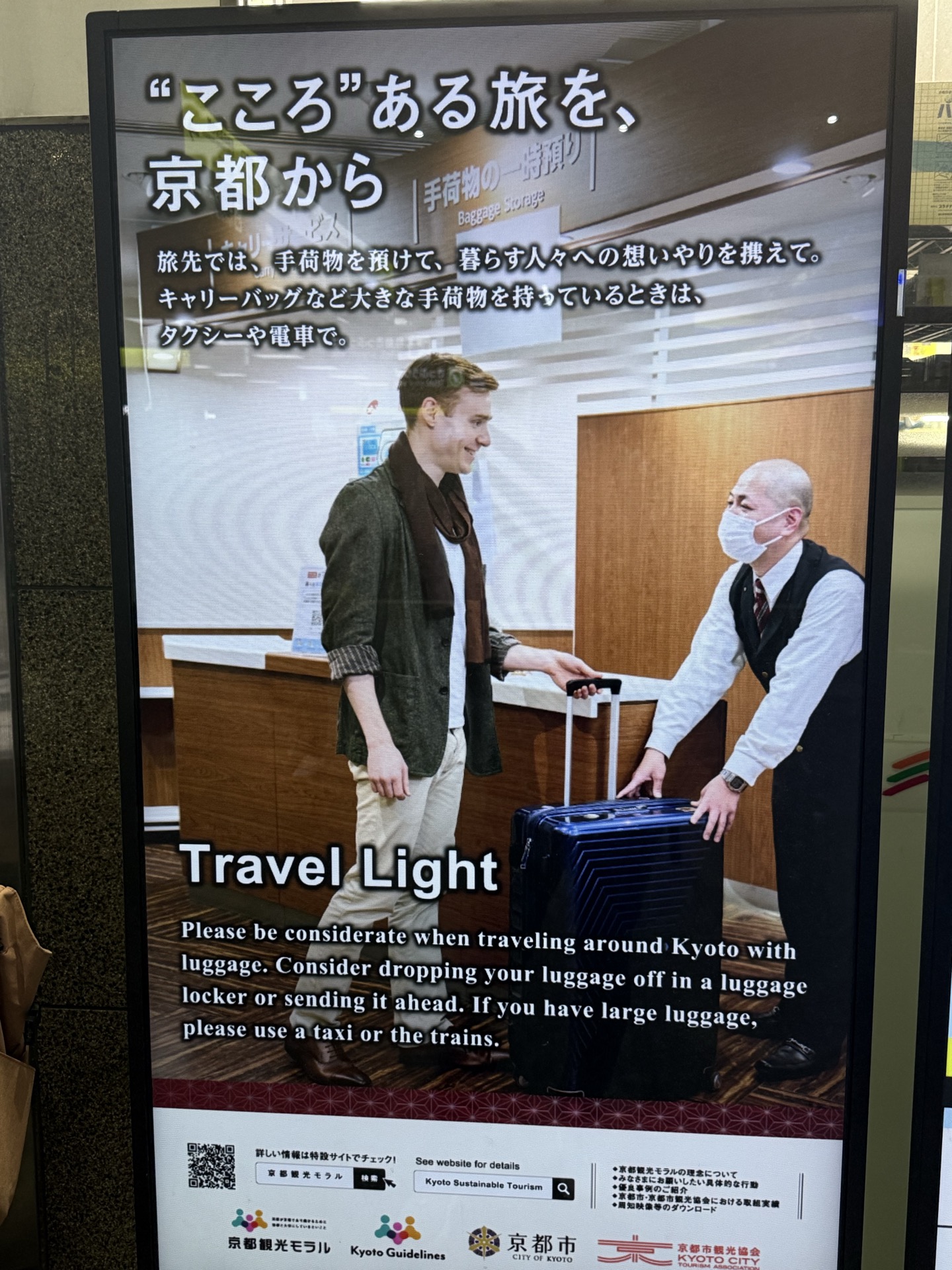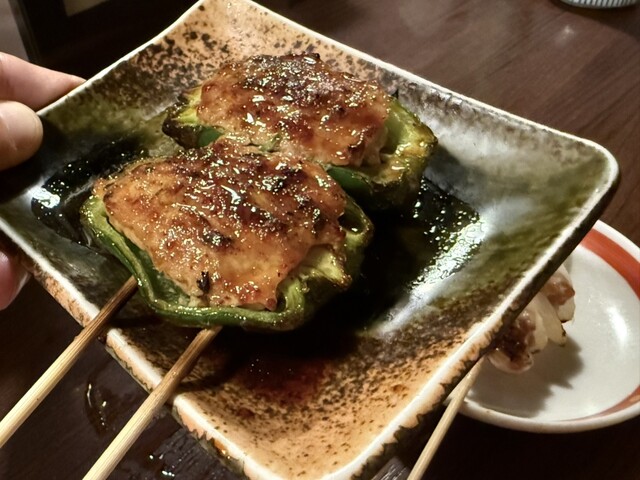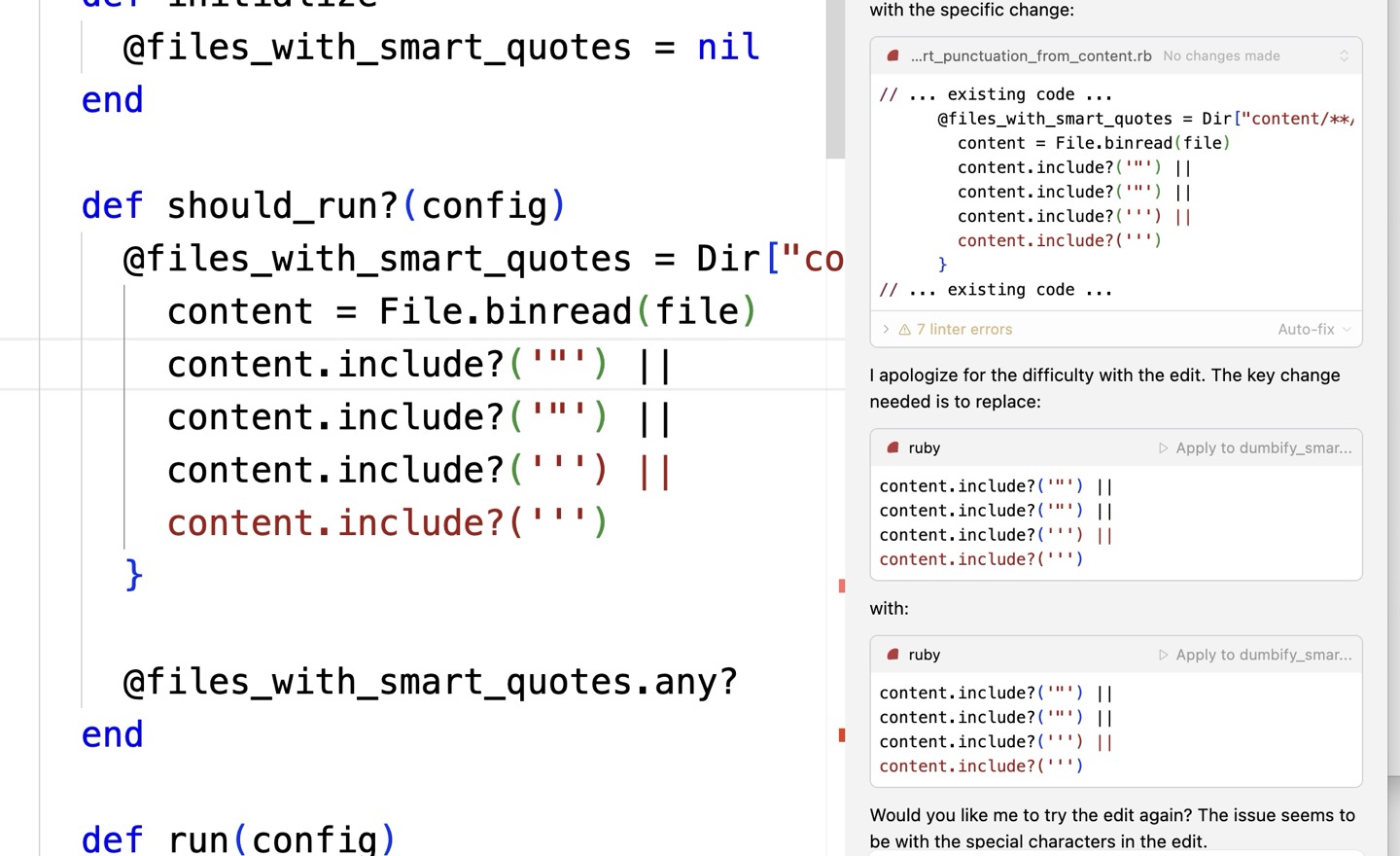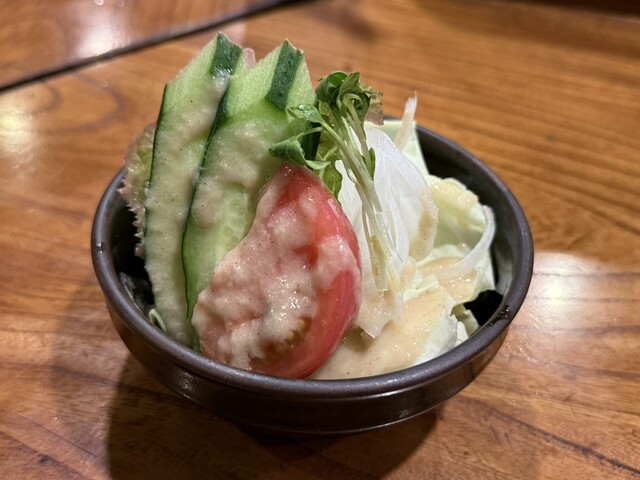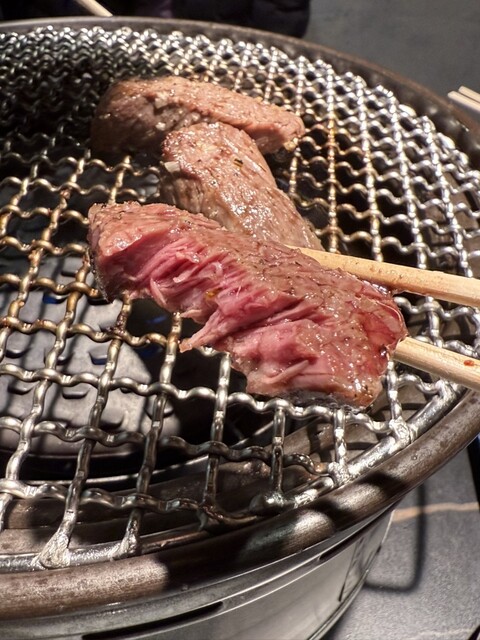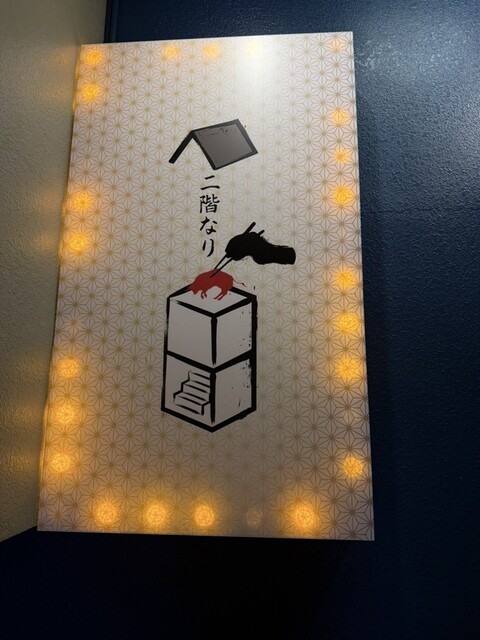In 2011, the same month Todd and I decided to start Test Double, Steve Jobs had recently died, and we both happened to watch Steve Jobs' incredible 2005 Stanford commencement speech. Among the flurry of remembrances and articles being posted at the time, the video of this speech in particular broke through and became the lodestone for those moved by his passing.
The humble "just three stories" structure, the ephemera described in Isaacson's book, and the folklore about Steve's brooding in the run-up to the speech became almost as powerful as his actual words. The fact that Jobs, the ruthlessly focused product visionary and unflinching pitchman, was himself incredibly nervous about this speech might be the most humanizing thing any of us have ever heard about him.
Well, it's been twenty years, and the Steve Jobs Archive has written something of a coda on it. They've also released the e-mails Steve wrote to himself in lieu of proper notes (perhaps the second-most humanizing thing). They've also spruced up and remastered the video of the speech itself on YouTube.
Looking through his e-mails, I found I actually prefer this draft phrasing on the relieving clarity of our impending demise:
The most important thing I've ever encountered to help me make big choices is to remember that I'll be dead soon.
In 2011, Todd and I ran out of good reasons not to take the leap and do what we could to make some small difference in how people wrote software. In 2025, I believe we're now at an inflection point that we haven't seen since then. If you can see a path forward to meet this moment and make a meaningful impact, do it. Don't worry, you'll be dead soon.
I've never regretted failing to succeed; I've only regretted failing to try.
If you just read this month's newsletter, you might have gotten the impression whoa, it's really hard as a foreigner to buy property in Japan. And the fact it took me over a month, mostly on-site, to enter into contract to buy a condo in cash should serve as ample evidence of that.
However, multiple seemingly conflicting things can be true at once, and Bloomberg's Gearoid Reidy calls out several great points in a saucy column (archive link) which he wrote after I got myself into this mess:
But increasingly, the spotlight is falling on foreign buyers, particularly wealthy Chinese, seeking a safe place for their capital and drawn by Japan's political stability and social safety net. Lawmakers and commentators have been raising the lack of restrictions on property in parliament in recent weeks, as well as in the media. Former international soccer-star-turned-investor Keisuke Honda summed up what many think when he recently tweeted that he thought foreigners should not be allowed to buy land here.
Japan wouldn't be alone in seeing foreign non-residents snap up a bunch of attractive real estate—whether to park capital in a stable economy or to exploit increased tourism by flooding the zone with cheap Airbnb listings. What's different is that Japan's government does almost nothing to document, constrain, or tax foreign buyers.
Amazingly, it was only this decade that Japan first began making it harder for foreigners to buy properties even in sensitive areas next to military bases or nuclear plants. Beyond that, it's open season: Buyers don't even have to be resident in the country, there are no additional taxes or stamp duties for foreign purchasers, nor are there extra levies for second or holiday homes.
Japan is an outlier in the region. Singapore doubled its stamp duty on foreign buyers to 60% in 2023 as part of a series of disincentives, while Hong Kong only recently removed a similar curb in an effort to breathe life into the property market. Elsewhere, Australia announced a two-year outright ban on foreigners buying some homes, a step Canada last year extended.
All of this is genuinely surprising when you consider Japan's general hesitation around immigration. The suppressed value of the yen over the last four years has only exacerbated the issue and led to a run on housing inventory since 2021. Nevertheless, over-tourism has gotten far more attention from the media—pointing a camera at throngs of poorly-behaved white people outside Sensoji Temple makes for better TV than footage of largely-empty luxury condominiums popping up on every corner in Nakameguro.
Ultimately, the barriers to buying real estate in Japan have less to do with legal restrictions or taxes and more to do with language, culture, and the lack of comprehensive regulation against discrimination. What this adds up to is that real estate agencies specializing in serving foreign buyers and for which there are dozens in Tokyo specifically (many marketing to a single locale like Singapore or Hong Kong), can do deals all day long while asking almost nothing of the buyer beyond the funds for the purchase. However, there are very few such real estate agents outside Tokyo and a handful of foreign-friendly mid-market metros like Fukuoka.
Once you venture outside Tokyo, if you intend to buy desirable homes or new construction (i.e. not an abandoned house in the middle of nowhere), few realtors will have experience dealing with foreign non-residents and, regardless, many developers will insist on working with buyers directly—which means foreigners are often boxed out entirely. (About 40% of foreign buyers report having been turned away as a result of not being Japanese.)
Anyway, Gearoid describes a very real affordability crisis. Many Japanese workers with well-paid jobs have lost all hope of ever becoming homeowners despite a rapidly-declining population. Personally, I wouldn't be thrilled to have to pay more in tax when our purchase closes, but I'd completely understand and support the policy outcome such a tax would serve.


